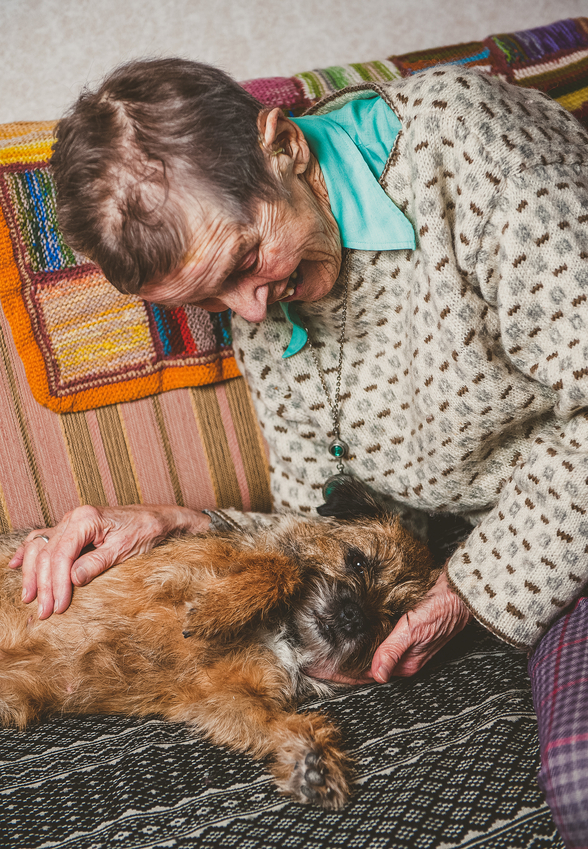The number of the homeless elderly has more than doubled between 2009 and 2013 in Toronto. While the overall rise in the senior population can account for some of the increase, according to the Ontario Seniors’ Secretariat, the increase “far outstrips the overall rise”.
Homelessness among seniors in Vancouver and other major Canadian cities has seen a similar rise. People over 65 are considered at the highest risk of living in housing they cannot afford. Under the Shelter Aid for Elderly Renters program, British Columbia seniors paying more than 30 per cent of their income for rent may be eligible for cash assistance.
Reduced benefits and social assistance, fewer affordable housing projects and declining wages accounts for the significant rise in homelessness in Canada over the past 25 years. While elderly are a low percentage of shelter users, they have a much higher mortality rate among chronically homeless people.
The Canadian government has funded a new Homelessness Partnering Strategy to address homelessness in communities across Canada. The strategy places an emphasis on a Housing First approach which begins by finding shelter and working towards recovery and reintegration into the community. This reduces pressure on emergency shelters, health and justice systems.
The government spends at least $4.5 billion a year on homeless people, including emergency health care, mental health services, food banks, law enforcement and shelters. According to a study by Stephen Gaetz, director of the Canadian Homelessness Research Network, housing homeless people rather than maintaining the status quo could save taxpayers 54 cents on the dollar.
For more information about the state of homelessness in Canada and program development, visit www.homelesshub.ca .






Add Your Voice
0 Comments
Join the Discussion